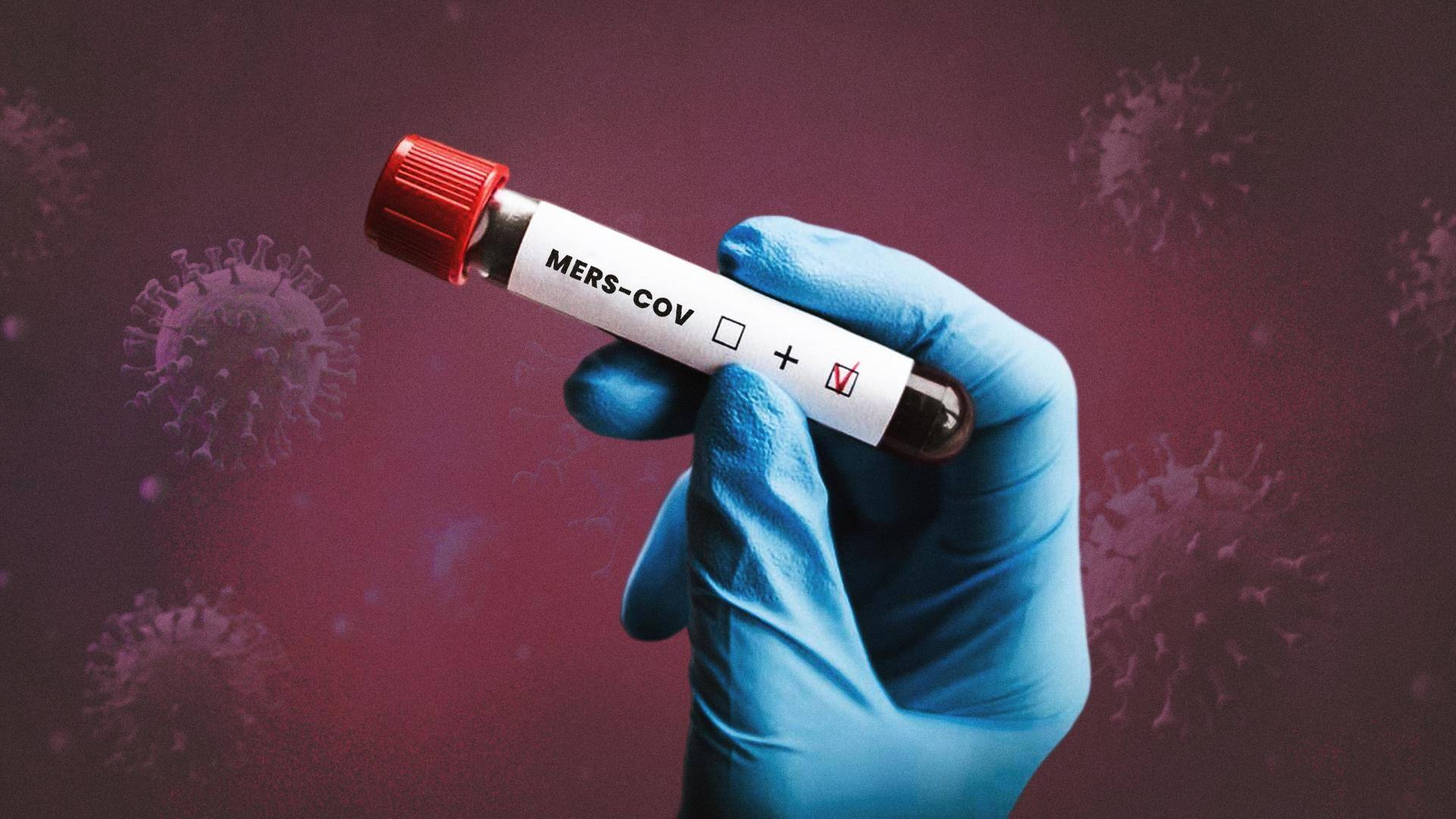
UAE reports new MERS case: Know causes, symptoms, precautions
What's the story
The World Health Organization (WHO) on Monday said a man in Abu Dhabi, United Arab Emirates, has tested positive for Middle East Respiratory Syndrome coronavirus (MERS-CoV).
The patient is a resident of Al Ain city and was admitted to a hospital in June.
The WHO added that 108 people were also tested after contact tracing; however, none of them were infected.
Context
Why does this story matter?
According to the National Institute of Allergy and Infectious Diseases, coronaviruses are a large family of viruses that cause respiratory illnesses in humans.
The three most fatal coronaviruses are the SARS coronavirus (SARS-CoV), the MERS coronavirus (MERS-CoV), and the novel coronavirus (SARS-CoV-2).
These viruses cause Severe Acute Respiratory Syndrome (SARS), Middle East Respiratory Syndrome (MERS), and COVID-19, respectively.
Case
Patient had no direct contact with animals
The WHO said the MERS patient—a 28-year-old male—has no history of the disease or co-morbidities.
Furthermore, he has not traveled outside the UAE recently and has no known history of direct contact with animals.
The patient complained of vomiting and diarrhea, following which he was given an initial diagnosis of acute pancreatitis, acute kidney injury, and sepsis.
MERS
First outbreak of MERS occurred in 2012
MERS-CoV was first reported in Saudi Arabia in 2012. It is a zoonotic virus that is able to transmit between animals and humans.
Reportedly, the coronavirus infected humans through unprotected contact with dromedary camels.
Since its identification, the disease has been spread in more than 27 countries, including the United States, the United Kingdom, France, Qatar, Turkey, Italy, Iran, Jordan, China, and South Korea.
Details
MERS mortality rate is 35%
In total, 2,605 people globally have been infected with the virus, the WHO said. Of these, 936 people have lost their lives. The mortality rate is around 35%.
Its common symptoms include fever, cough, shortness of breath, pneumonia, and diarrhea, among others.
So far, no vaccine or specific treatment is available for MERS. Patients are often treated based on their clinical condition.
Precautions
Practice general hygiene measures to avoid MERS
The WHO suggests that anyone visiting farms, markets, barns, or other places where dromedaries are present practice general hygiene measures.
These include regular hand washing, avoiding touching eyes, nose, or mouth, and avoiding contact with sick animals.
People may also consider wearing protective gowns and gloves while professionally handling animals.
The consumption of raw or undercooked animal products should also be avoided.